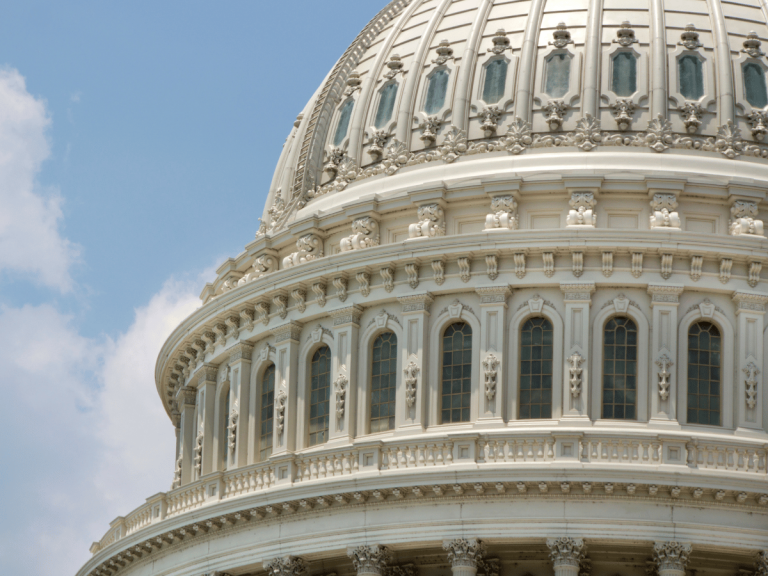Maine’s Answer to the Retirement Savings Crisis
Maine to Establish State-Mandated Auto IRA Plans for Businesses With 5 or More Employees
Jonathan Blaisdell, Retirement Advisor
Passed June, 2021 in Maine, “An Act To Promote Individual Savings Accounts through a Public-Private Partnership” will require that covered employers automatically enroll covered employees into the newly formed Maine Retirement Savings Program1. This program requires each “covered employer” to allow its “covered employees” to decide whether to contribute to a payroll deduction Roth IRA, by automatically enrolling them but with the opportunity to opt out. Covered employees who opt out will be automatically reenrolled at regular intervals but will have the opportunity to opt out again. Covered employers who offer a qualified retirement (i.e. 401(k), 403(b), Simple 401(k) Simple IRA) will be exempt from participating.
According to the Bureau of Labor Statistics, only 49% of workers in the Northeast have access to a defined contribution plan. Additionally, 43% of workers without access to an employer sponsored retirement plan report not being confident that they will have enough saved to cover their living expenses in retirement2. This new Maine legislation is designed to help address the growing retirement crisis in the United States, where the median retirement savings amongst all adults is only $65,0003.
What You Need to Know:
- “Covered employer” is defined as an individual or entity engaged in business or trade in the state of Maine, whether for profit or not for profit, who has been in business for at least two years and has not offered a retirement plan within the current calendar year or two preceding calendar years. A covered employer with less than five employees is not mandated to participate in the Maine Retirement Savings Program. Additionally, Government entities are not covered employers and are not eligible to participate.
- “Covered employee” is defined as anyone 18 years of age or older who is employed by a covered employer and who has taxable wages in Maine. This may include part-time and seasonal employees, although there are exceptions.
- Covered employees will automatically contribute 5% of their salary or wages initially (unless opted out) and may elect to contribute at a higher or lower rate. The legislation also calls for an annual increase of contribution rates by no more than 1% of wages or salary up to a maximum of 8%. Employer contributions are not allowed.
- The legislation also allows certain individuals who are not employees, such as the self-employed and independent contractors, to participate in the program.
- The legislation will be phased in over a 12-month period beginning in April 2023. Failure to comply will result in escalating fines.
- April 1, 2023: a covered employer with 25 or more covered employees must offer the program to them;
- Oct. 1, 2023: a covered employer with 15 to 24 covered employees must offer the program to them; and
- April 1, 2024: a covered employer with 5 to 14 covered employees must offer the program to them.
- The bill establishes a new Maine Retirement Savings Board to develop, implement and run the program. Certain aspects of the program such as recordkeeping platforms and investment options have yet to be established.
How Lebel & Harriman Retirement Advisors Can Help
Lebel & Harriman Retirement Advisors is an independent advisory firm based in Falmouth, Maine and specializes in Retirement Plan Consulting and Financial Planning. If you have questions about how this new legislation could affect your business or would like information about implementing an alternative qualified retirement plan that better aligns with your business and employees’ needs, please do not hesitate to reach out to your local experts at Lebel & Harriman Retirement Advisors.
For more information, contact Jon Blaisdell at (207) 800-9598 or jblaisdell@lebelharriman.com.
Sources
1https://legislature.maine.gov/legis/bills/getPDF.asp?paper=SP0181&item=2&snum=129
2https://www.bls.gov/ncs/ebs/benefits/2021/employee-benefits-in-the-united-states-march-2021.pdf
The information provided has been derived from sources believed to be reliable, but is not guaranteed the accuracy and does not purport to be a complete analysis of the material discussed.







